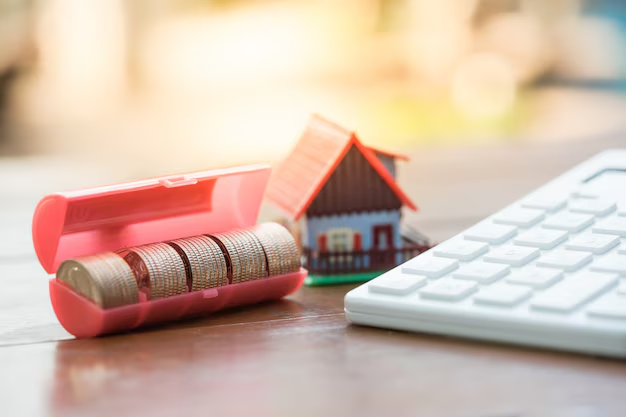Understanding Apartment Deposits: What You Need to Know
When renting an apartment, encountering the word deposit is as inevitable as a sunset. It’s a common term, but if you're new to renting or moving to an unfamiliar market, you may wonder, “Just how much are apartment deposits?” The answer can vary wildly depending on several factors that every potential renter should consider. Understanding these can prepare you financially and help you navigate the often confusing world of renting with confidence.
The Basics of Apartment Deposits
Apartment deposits, frequently referred to as security deposits, typically range from one month's rent to three months’ rent. The primary purpose of this deposit is to protect the landlord against any damage or breaches of lease terms incurred by the tenant. In competitive markets or luxury residences, deposits might lean towards the higher end. Conversely, in areas where demand is lower, landlords might only require the minimum.
Key Determinants
- Location and Market Demand: High-demand areas like major cities could command a higher deposit.
- Property Type: Luxury apartments often require larger deposits due to higher maintenance and repair costs.
- Credit Score and Rental History: Tenants with a solid rental history and good credit scores may be asked to pay lower deposits or might even negotiate their terms.
- Local Laws and Regulations: Different states and municipalities have unique rules, sometimes capping deposit amounts to protect tenants.
Navigating the Financial Landscape
The thought of putting down a hefty deposit can be overwhelming, but there are ways to ease this financial burden. Here are some practical steps and resources that can empower renters:
Financial Assistance Programs
- Rent Assistance Programs: Various government and non-profit programs can help cover initial upfront costs, including deposits. Research local HUD resources or community aid organizations.
- Short-term Loans and Credit Solutions: Many financial institutions offer low-interest personal loans or credit cards designed to help cover housing-related expenses. Carefully consider interest rates and repayment terms.
Educational and Financial Tools
Budgeting is crucial. Create a comprehensive plan that encompasses all rental-related expenditures, ensuring you're prepared for both the deposit and monthly costs.
Consider improving your credit score before apartment hunting, as it can directly lower your required deposit with many landlords. Knowing your credit standing and having a plan to address any issues can be invaluable.
Taking advantage of financial education can also strengthen your renting position. Look for free courses or workshops that cover topics like budgeting or credit management.
Closing Thoughts
Renting an apartment comes with its complexities, but understanding apartment deposits and how they fit into the broader landscape of leasing is a pivotal first step. By doing so, you can equip yourself with the knowledge to navigate your financial commitments wisely.
Below are some resources you might find helpful as you embark on your renting journey:
- 🏠 Rent Assistance Programs: Explore HUD resources for possible aid.
- 📈 Credit Score Improvement Courses: Online platforms often offer free workshops.
- 💳 Credit Solutions: Look into credit cards with incentives for renters.
- 💡 Budgeting Workshops: Financial education centers frequently run free budgeting classes.
Arming yourself with this information, you'll find that approaching apartment deposits can be less daunting and more of an opportunity to strengthen your overall financial health. Happy renting!

